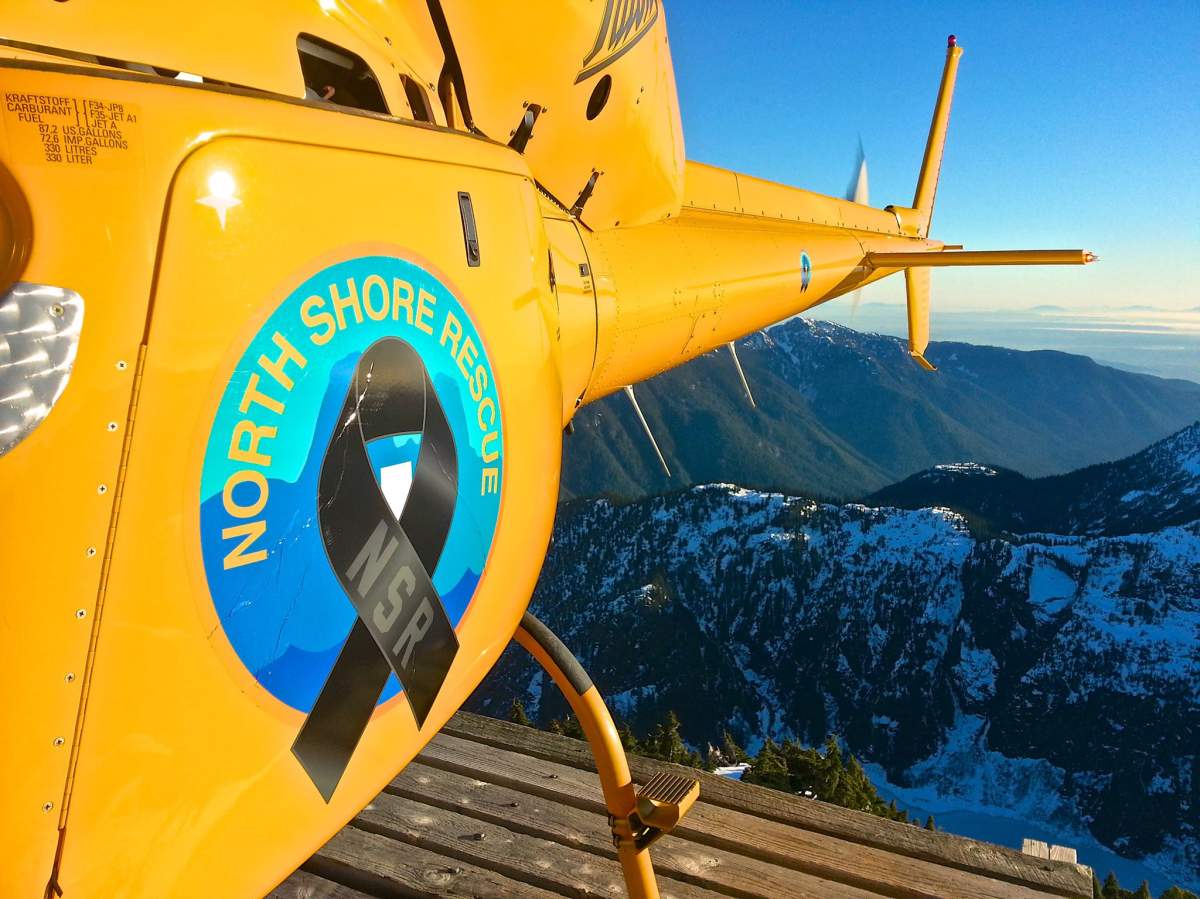North Shore Rescue (NSR) is taking the tough-love approach to keeping outdoor enthusiasts safe this summer.

A blog post on the group’s website titled “It’s time for a chat Metro Vancouver” lists six tips to avoid being one of the dozens of hikers and climbers that need rescuing each year.
Tips for hikers including properly researching their route, telling others about their plans, wearing appropriate clothing and packing necessary gear and supplies.
In the post, NSR notes that social media can create headaches, noting that picture-perfect Instagram posts can obscure the risks associated with hiking.
They point to an Instagram photo showing a woman in a sports bra enjoying a sunny day atop Saint Mark’s Summit that was posted at a time when the popular hiking destination was still covered in snow.

Get daily National news
“This ‘Social Media Effect’ has very real-world consequences in that it normalizes heading into the mountains like it is a simple trip to the local gym,” NSR wrote.
The blog post comes during a busy year for NSR volunteers.
Last month, NSR said it had already responded to 42 calls in 2018. By that time last year, they had handled 29 calls. In 2016, it was 35.
WATCH: North Shore Rescue on track for record year

NSR’s Mike Danks said the team is equipped to handle the increase in volume, but that success in part depends on limiting the number of unnecessary calls they’re tasked with.
He said many injuries in the backcountry are unavoidable, but other calls can be frustrating.
“There’s a lot of people that are prepared and have appropriate clothing and footwear on them, but there’s also a lot of people that are incredibly naive and are not prepared for the trails physically, or even bringing extra equipment and food and water with them.”
— With files from Simon Little








Comments